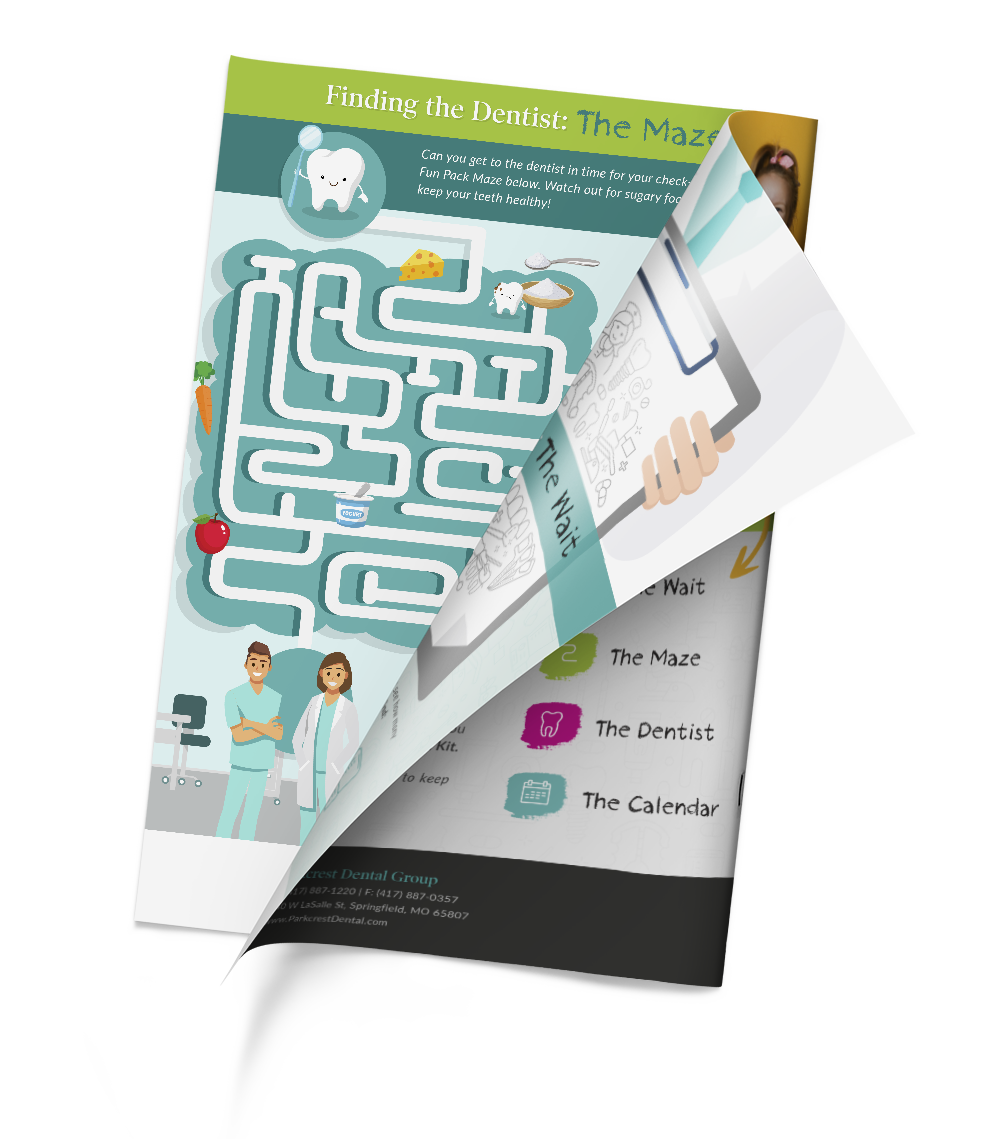Nearly every child sucks their thumb. You probably did the same thing when you were a baby and a toddler as a comfort mechanism. Why do youngsters suck their thumbs? Is it instinct? Can thumb-sucking affect your child’s teeth later on? Our dental team explains.
Concerned about your child’s thumb-sucking? Don’t worry. It’s completely natural. Babies develop this survival instinct in the womb as early as 12 weeks, getting them ready for breastfeeding after they are born.
Many children suck their thumbs well into their preschool years at age four. As they learn to chew more and more types of food, they’ll eventually grow out of the urge to suck their thumbs. When do you need to consult with a pediatrician or pediatric dentist? When their adult teeth start to come in, and your child is still sucking their thumb.
In early stages of development, thumb-sucking is an instinctual habit. As your child grows, they should move to other activities that keep their hands busy. Thumb-sucking could lead to difficulties with your child’s teeth once the adult ones start to push through.
Notice how your child is sucking their thumb. If the thumb rests slightly inside the mouth, less damage could occur. If the thumb is up against the teeth, it could cause misalignment, crooked teeth, and improper bite.

If you see your child continue to suck their thumbs beyond age four or after adult teeth come in, you can take a few steps to try to stop the habit.
Keep notes as to when your child sucks their thumb. Think about stressful or emotional situations or long car rides. Try to create diversions and distractions to move your child away from sucking their thumbs to focus on other enjoyable tasks.
It’s important to stay positive and support your child, even when they engage in thumb-sucking as a negative habit, rather than punish your child for thumb-sucking, praise and reward them for breaking the habit.
There’s nothing wrong with gentle reminders. For example, place a bandage over the thumb to remind your child not to suck on the digit.
Just like you reward children for doing chores with a reward chart, you can do the same for when they stop sucking their thumbs. Put a sticker on the chart during the days they accomplish this goal. Give rewards at the end of the day or the week to keep encouraging this good behavior.
One way to reduce thumb-sucking is to reduce the source of the stress or anxiety your child feels. Create a comforting environment regularly to combat this habit.
Explain to your child why it’s time to stop sucking on their thumb and what can happen to their teeth if they continue. The staff at Parkcrest Dental Group can give you some more suggestions on how to combat thumb-sucking as they grow older.
As a parent, you want what’s best for your child. If you’re concerned about thumb-sucking moving into kindergarten, make an appointment with the pediatric dental team at Parkcrest Dental Group. Our doctor will evaluate your child’s oral health and come up with an action plan. Have more questions? Call us at (417) 887-1220. We’re happy to help!